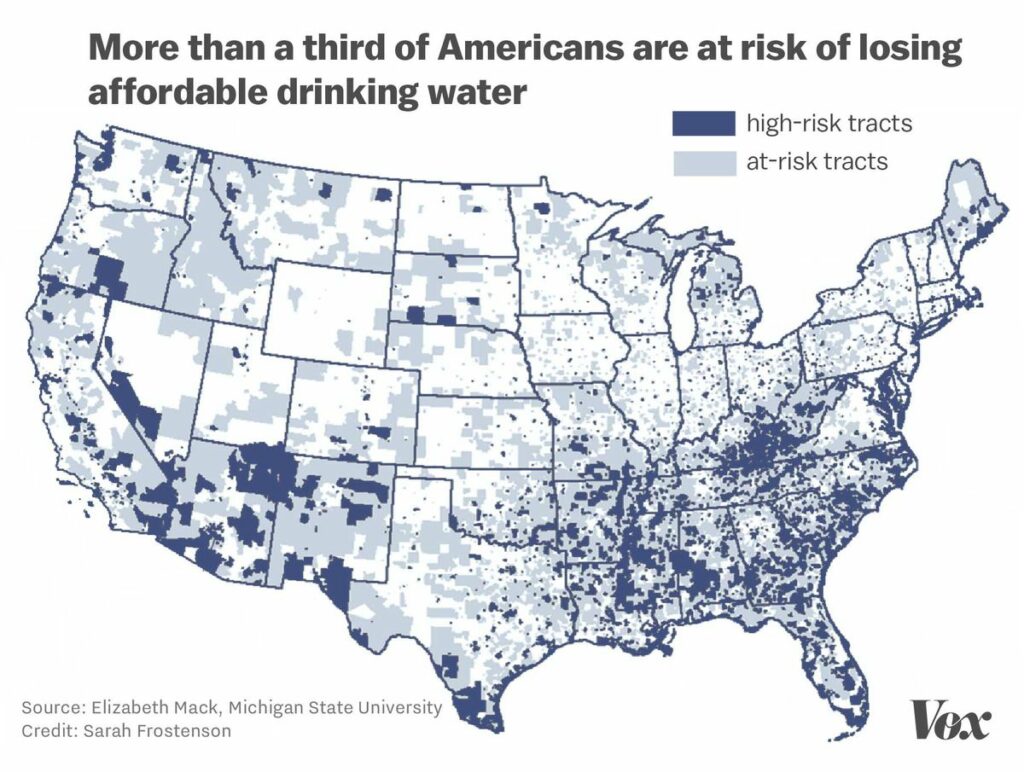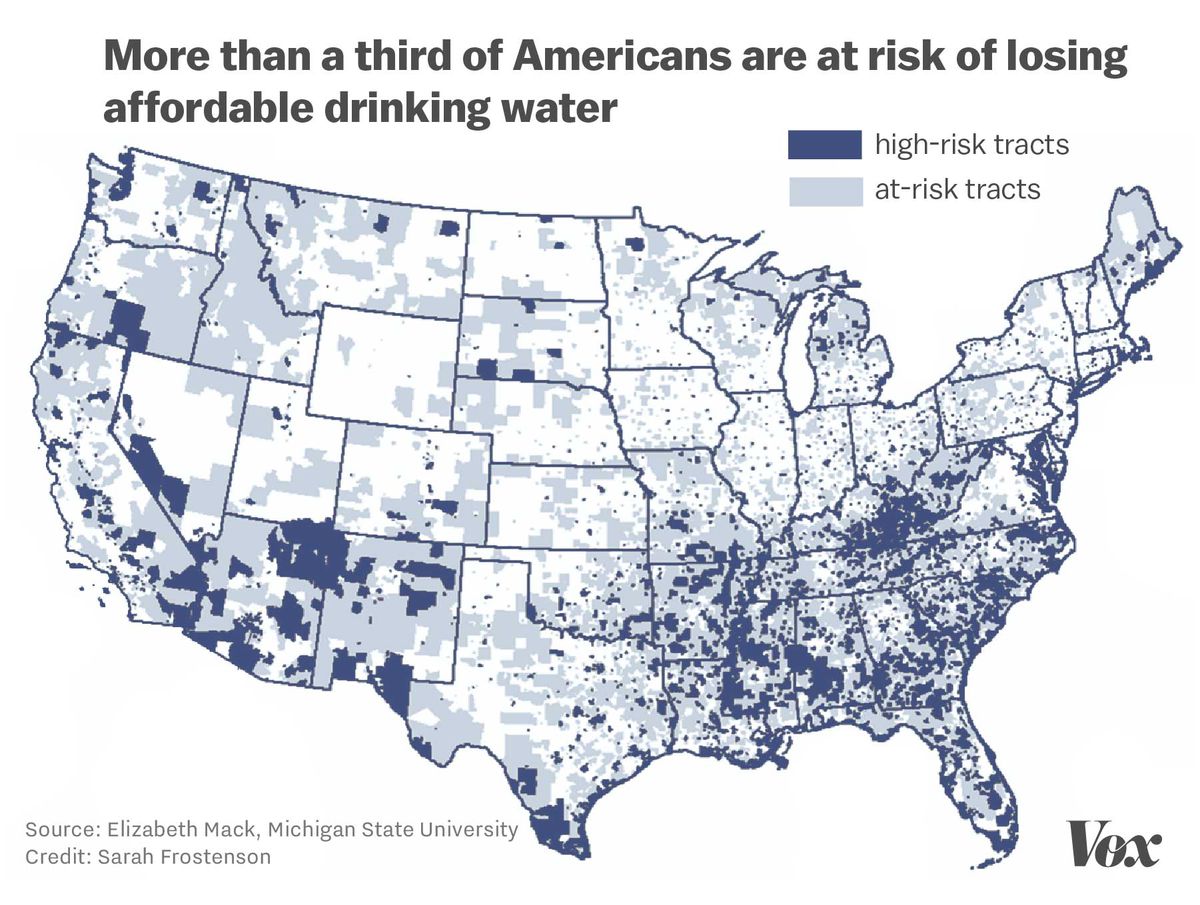In the throes of a water crisis, U.S. faces a dire predicament as scientists uncover a looming threat to the nation’s groundwater reservoirs by the year 2050. Pioneering research conducted by experts at the Pacific Northwest National Laboratory reveals harrowing projections for groundwater depletion over the 21st century. Shockingly, simulations indicate that eight key basins harbor a staggering up to 9% likelihood of depletion within the next quarter-century. Researchers notify of U.S. groundwater depletion by 2050. This ominous revelation stems from a troubling reality: withdrawals for crucial needs such as drinking water and irrigation are outpacing the natural replenishment provided by rainfall and snowpack.

Impending Peril: The Implications of Groundwater Depletion
The ramifications of this impending crisis are profound, extending far beyond mere water scarcity. Regions at risk, including the Missouri River and Lower Mississippi River basins, cater to the vital water needs of over 129 million U.S. across states like California, Texas, and Montana. Lead author Hassan Niazi underscores the ripple effect of dwindling water supplies, warning of escalating water costs that could reverberate across various sectors, ultimately driving up food prices. Researchers notify of U.S. groundwater depletion by 2050. In the face of plummeting groundwater levels, the very fabric of the landscape is under threat. Streams face extinction, while the prospect of land subsidence looms large, posing a grave risk to infrastructure such as roads and buildings.
This trajectory of groundwater depletion spells disaster for aquatic ecosystems, as emphasized by Niazi and his team. Increased groundwater demand not only stresses these ecosystems but also amplifies the risk of water contamination. Moreover, land subsidence, a consequence of diminishing aquifers, poses a tangible threat to the stability of regions dependent on groundwater reserves.
Navigating the Path Forward: Urgent Action Required
As the nation grapples with this looming crisis, urgent action is imperative to avert catastrophic consequences. Collaborative efforts among policymakers, researchers, and communities are essential to implement sustainable water management practices. The depletion of U.S. groundwater reserves and the actions taken now will determine their availability for future generations by 2050. Promoting water conservation and investing in infrastructure resilience are critical steps towards mitigating the impacts of groundwater depletion.
The warning from researchers about U.S. groundwater depletion by 2050 is a call to action for all stakeholders, including policymakers, agriculturalists, and the general public. While the challenge is significant, there are viable solutions that can help mitigate the impact and ensure the sustainability of this crucial resource. By taking proactive steps now, we can preserve groundwater for future generations and maintain the health and prosperity of our ecosystems and communities.
In conclusion, the warning from researchers serves as a clarion call for immediate action. The fate of U.S’s groundwater reserves hangs in the balance, and decisive measures taken today will determine the future availability (2050) of this precious resource for generations to come.
For further Information: https://constrofacilitator.com/
Read our previous articles: First 5G-enabled Surgery performed by Doctor (scitechupdate.com)
Hitchhiking Aliens: New Research into Panspermia (scitechupdate.com)
What Is Inside the Moon? (scitechupdate.com)
Two new COVID variants, called ‘FLiRT’ in the United States (scitechupdate.com)
Sex and Gender Studies: Unlocking Equality and Social Justice (scitechupdate.com)
https://scitechupdate.com/index.php/scientists-say-this-blood-type-increases-risk-of-early-stroke/
https://scitechupdate.com/index.php/the-harmful-impact-of-the-r-word-why-it-needs-to-be-retired/
https://scitechupdate.com/index.php/israel-advances-cancer-treatment-with-genomic-profiling/https://scitechupdate.com/index.php/stomach-cancer-causes-signs-and-treatment/


